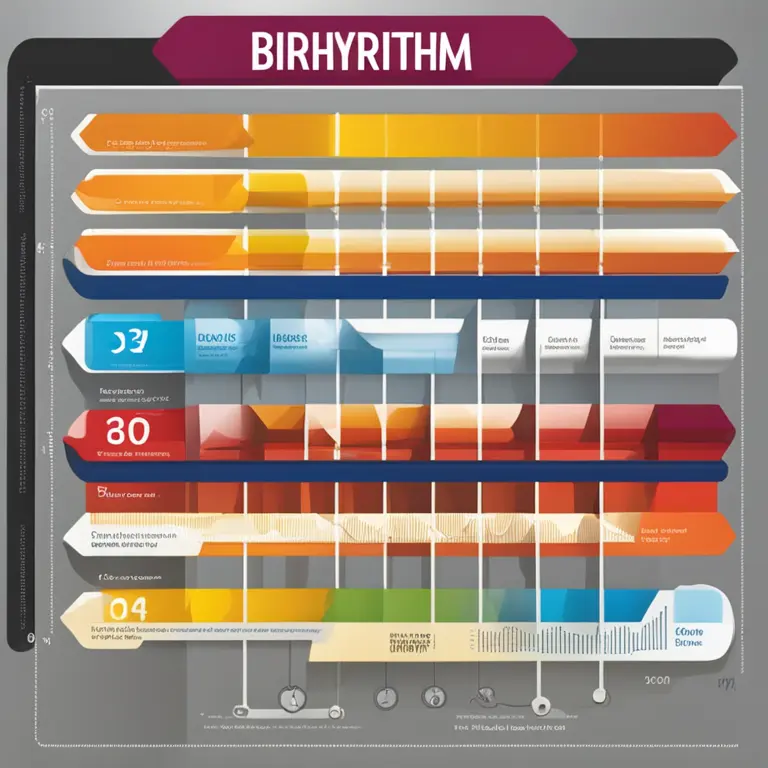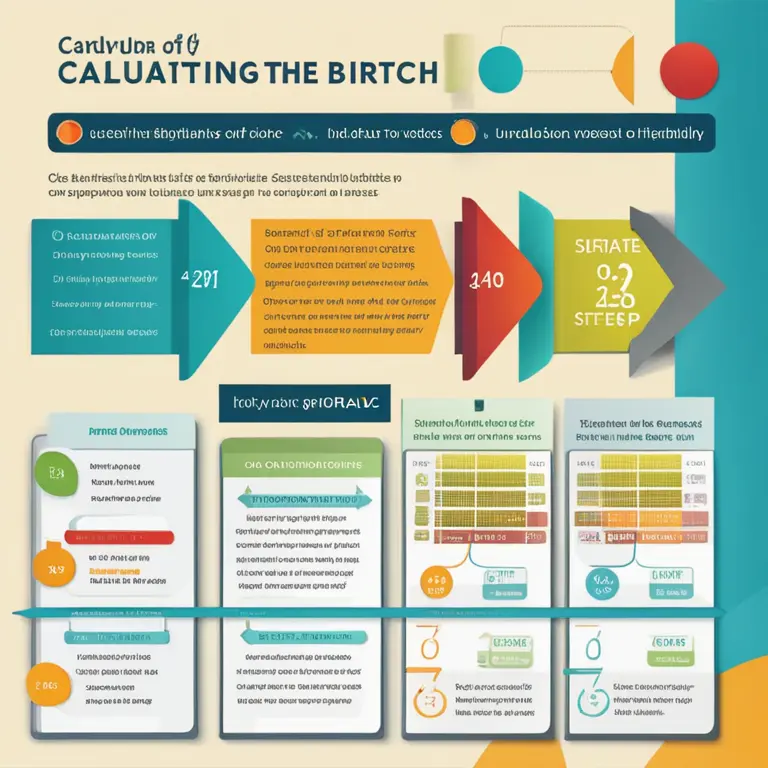
The World of Biorhythms: A Comprehensive Guide
Delve into the concept of biorhythms to understand the rhythmic cycles that purportedly influence our physical, emotional, and intellectual states.
article by Adrian Wallace
Defining Biorhythm
Biorhythms are a theoretical concept that suggests humans operate under cyclic patterns or rhythms that influence various aspects of our lives, including emotional stability, physical strength, and intellectual capabilities. The theory posits that from the moment of our birth, we begin to experience three primary cycles: physical, emotional, and intellectual. Each of these cycles has its own fixed period, and understanding them is believed to help anticipate periods of high performance or potential challenges.

The Three Fundamental Cycles
These primary cycles follow specific durations: the physical cycle is 23 days, the emotional cycle runs for 28 days, and the intellectual cycle completes its loop in 33 days. Advocates of biorhythm theory argue that being aware of these cycles empowers individuals to make better life choices, aligning important decisions and activities with favorable phases of their biorhythms.

Calculating Your Biorhythms
The calculation of biorhythms requires only one's date of birth as a starting point. Various online calculators and applications, updated for the year 2024 and beyond, can provide insights into one's personal cycles. By entering your date of birth, you can track the highs, lows, and critical days of your cycles, plotting them across charts for easy interpretation.

The Science Behind the Concept
Despite its popularity in certain circles, it's important to note that biorhythm theory does not have a solid empirical foundation. Scientific studies have largely debunked the idea that these cycles predictably affect one's abilities or outcomes. However, many people still find personal value and a form of mindfulness in tracking their supposed biological rhythms, treating the practice more like a meditative tool than a scientific predictor.

Incorporating Biorhythms into Daily Life
Those who subscribe to biorhythm theory often use it as a decision-making aid or a way to manage their expectations for performance on any given day. They might schedule challenging tasks or high-stress meetings on days when their biorhythms indicate peak physical and intellectual activity or take care when their charts show a potential emotional downturn.
Criticism and Considerations
Critics of biorhythm theory point out the lack of rigorous scientific validation and caution against relying on its predictions. Nonetheless, as an element of personal belief and well-being, some users claim to experience benefits through heightened self-awareness and planning. When engaging with concepts like biorhythms, it is vital for individuals to maintain a balanced view, incorporating other well-founded decision-making tools and personal introspection.
The Future of Biorhythms
As we move further into the 2020s, biorhythm theory continues to intrigue. New age apps and self-improvement platforms are expected to evolve, integrating AI and advanced analytics to provide more nuanced interpretations. However, the core principle remains: whether scientifically accurate or not, tracking one's biorhythms can be a personalized aid for some, akin to a psychological place-holder for one's routine and rhythm in life.
Published: 1/25/2024
Modified: 1/25/2024
More predictions
Come back here soon to learn more about yourself and your future


Biorhythm Love Compatibility: Find Your Match
Discover how a biorhythm love compatibility calculator can enhance your romantic connections by analyzing the natural cycles that influence relationships.


The Human Biorhythm Cycle: Patterns of Life's Ebb & Flow
Delve into the human biorhythm cycle, a compelling concept in the holistic understanding of our physiological and emotional patterns over time.


The Biorhythm Debate: Effective Insight or Myth?
Discover the realities behind biorhythms, how they're calculated, and their impact on daily life. Can these biological cycles truly predict our physical, emotional, and intellectual states?